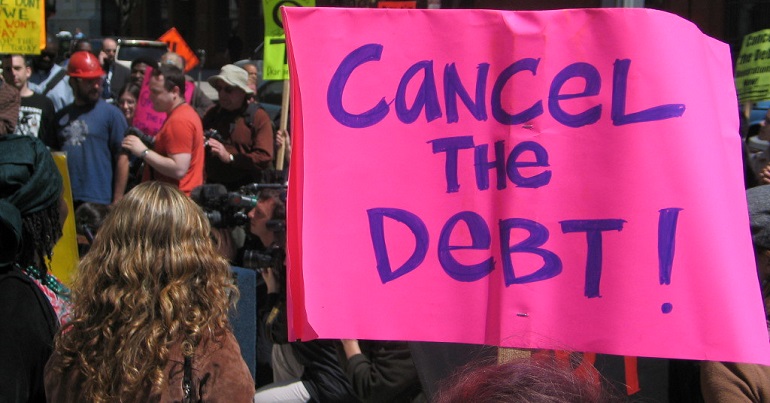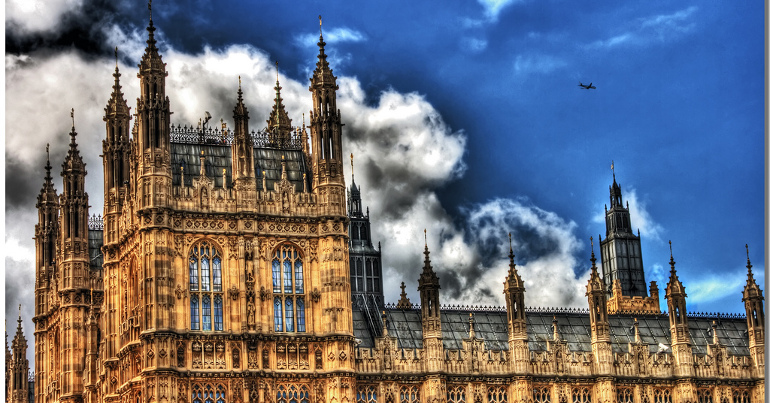We must cancel all debt in the Global South to end global inequality

Even before the spread of coronavirus around the world, dozens of countries in the Global South were close to, or in, a debt crisis. This year alone, Lebanon and Argentina have defaulted on their debts. A huge number of other countries could be pushed further into debt by the coronavirus crisis, including Angola, Tunisia and Ghana. The crisis has exposed just how exploitative and unsustainable our global economy is.
The debt of countries in the Global South refers to the external debt incurred by governments of developing countries, generally in quantities beyond the governments’ ability to repay. Where has this debt come from? Much can be traced back to the establishment of the neoliberal economy in the late 1970s. Under this model, economic planning was not done by governments on the basis of meeting human needs, but was, and still is, handed over to big finance, which makes major decisions on the basis of short-term profit. With global poverty draining governments of taxes, they are forced to turn to financial markets for loans to provide healthcare and basic welfare to their citizens. Whilst some of the money provided by these loans goes towards infrastructure and economic development, a large proportion is also lost to corruption and/or spent on arms. Much more of this money was channeled into commodity markets and providing private services and infrastructure, rather than public services.
Many of these loans were signed on unfair terms. In many cases, the debt grows faster than the loan takers can repay it, with many having already repaid the loan amount several times over. As a result, many countries still spend a significant portion of their valuable and often scarce resources repaying their debt and re-accumulating new debts. More than 60 countries, already struggling to build basic healthcare systems, are spending more paying their creditors than on healthcare. This includes Ghana, which is due to spend almost four times more repaying external debt than on public healthcare in 2020.
Debt cancellation would enable many governments in the Global South to increase key public spending in areas such as health and education. This has never been more necessary, with public healthcare systems, already in need of major investment, struggling to withstand the extra stress caused by coronavirus. Some, limited efforts to cancel debt in the Global South have already been made and show the potential of cancelling all debt in the Global South. A 2004 World Bank/IMF study found that countries receiving debt relief doubled their poverty reduction initiatives between 1999 and 2004. For example, Tanzania used this newly available money to eliminate school fees, hire more teachers and build more schools. Burkina Faso drastically reduced the cost of life-saving drugs and increased access to clean water, while Uganda more than doubled school enrolment. These successes should be celebrated, but the newly unfolding debt crisis demonstrates how much further we need to go.
To hear more about why we must cancel all debt in the Global South, join the Young Greens and Rebecca Gowland, Head of Inequality, Policy and Campaigns at Oxfam GB, for an online talk and Q&A at 8pm on May 19.
This article is part of a series highlighting the forthcoming programme of talks and training hosted by the Young Greens of England and Wales. You can see the full programme here.
PS. Bright Green has big plans for the future, but we need your input. Take 2 minutes to see what we’re planning and tell us your thoughts.
Image credit: Friends of the Earth International – Creative Commons




Does anyone honestly think that China will cancel debt owed to it?
Numerous nations in the global south are in the process of forever losing their independence through debt to China.
The developed world has forgiven debt many times. Don’t expect the same from the Chinese communists.